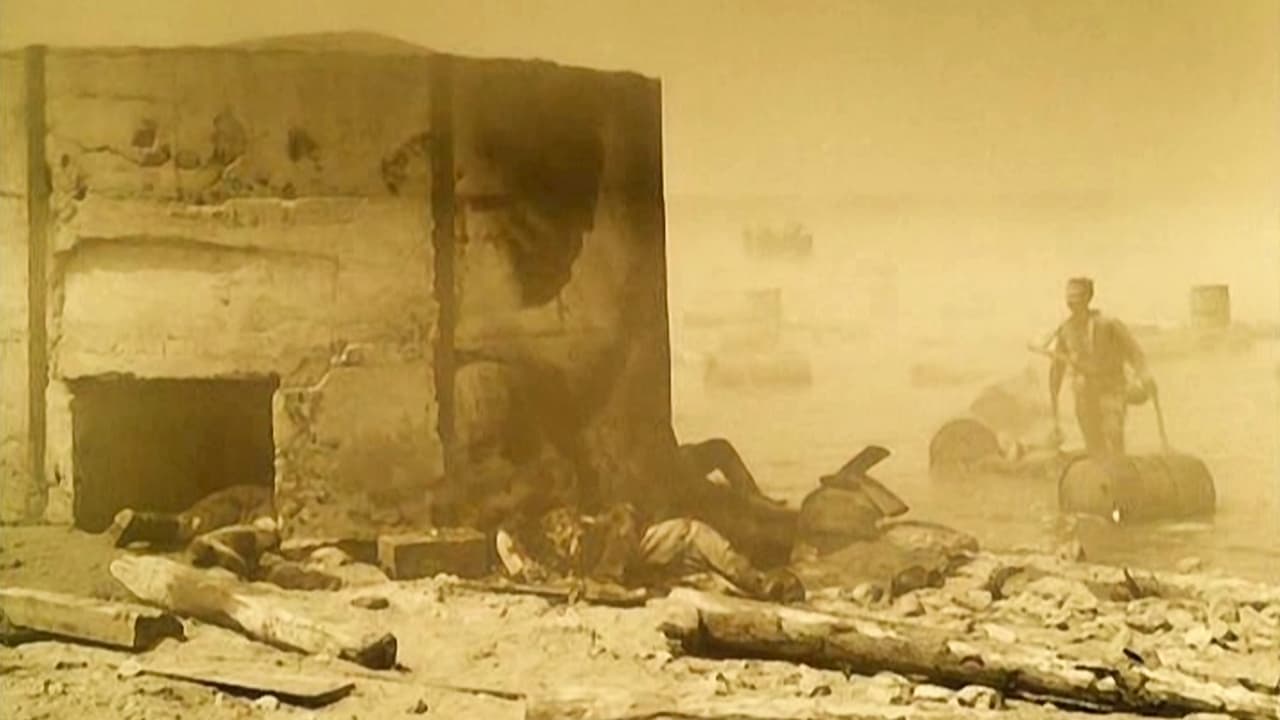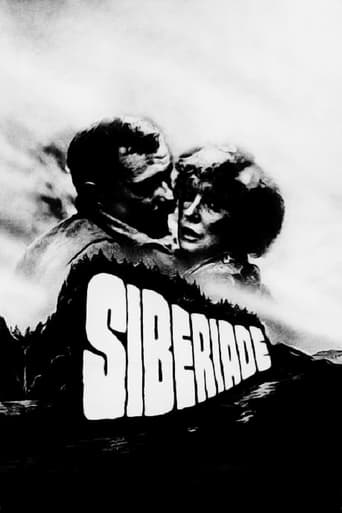

Inexplicably this is compared to "Doctor Zhivago," I suppose because there are Russian revolutionaries. Egad. The films couldn't be more different.This is inspired by "2001." Equally inexplicably, "Solaris" is called the Russian 2001 because. Heck, because it has space hardware. Jees.The structure of "2001" is its reason to be, a fight among three narrative perspectives. We never know who wins: the human, machine or divine. Each is presented in a way that could be interpreted to subsume the others, and we are never grounded. Its sublime, each level above the other in a sort of Escher narrative.This is the same, very deliberately so. We have the same three: we have the human story of sex, love community and how that embraces everything, Miss Marplewise. We have the "machine" or the revolution and its apparatus, some figurative and some literal. And we have the mystical energy and laws of nature, which are deliberate, clear, pervasive here. (If there is something particularly skillful in this project cinematically, it is how this mystical mist pervades.)Its not at all as deft in the balance as Kubric's masterpiece. But you can see the three climbing over each other, and the standoff presented at the end.Its a long slog, and you'll have to wade through overly optimistic celebrations of revolutionary purpose. But its rewarding in a sort of Polish (meaning dreamy) way.On a second viewing, I have to remark on how the fundamental nature of this is different from most else that I watch. I'm particularly sensitive to the fact that most every element that I see in every film project is a matter of market forces. An artist can modulate within that pull, but never really escape the sender-receiver dynamic. This film differs in the way that some monumental architecture does from what surrounds it. In the soviet system, you pay your dues and prove that you are a worthy artist. That means of course that you have to satisfy the artistic bureaucracy, the nature of which one can only imagine. But once you achieve some level of power, you become a dilettante, with amazing reach. Everything we see here is because it was envisioned to be so, quite apart from what we normally have to deal with in the "free" world. Its the inversion that is striking. This film really is perfect in many ways. You can see that every frame and nuance is the way the filmmaker wants it regardless of whether he thinks people care. I didn't care much, because the thing is as soulless as most other Soviet art. But its very clean, and big and sentimental. And its different, and that's a welcome shower.Ted's Evaluation -- 3 of 3: Worth watching.
... View MoreI was young film student in 1979 when the Union of the Soviet Filmmakers came to Sofia Bulgaria and premiered Konchalovsky's "Siberiade"; Tarkosvky's "Stalker" and Danelia'a "Autumn marathon". I was stunned by the cosmopolitan dimension of the art form. Then and only then, I saw "Siberiade" 4 and 1/2 hours epic and was speechless. Way better then Bertolucci's "1900". By far!Hope Andron will somehow get to the negative and make "director's restored version full lenght " someday! On DVD of course! Also I fiercely fought in defense of this Cinema against most of my colleagues who were equating Soviet film with bad taste! Time is on my side.
... View MoreI have seen the film a few days back on a video tape and even though it was hard to swallow it at one take (because of its length and story), I liked it very much. I was impressed first, by the script and then, by the realization of this script. The film takes you on a ride, but that is not an easy, joyful ride; it goes through time and different political regimes and shows the influence of them to ordinary people's lives. What I loved was the inner logic the film followed; logic, which just like logic in life, was rather illogical and confusing at times but in the end, when I thought about it, all the events and twists made sense. It makes no sense though to try to re-tell the story as it spreads in more than 50 years of time. I also liked very much Nikita Mikhalkov's character Aleksei and the way he played it, as some critics would saw, with restless abandon. What I didn't like about it, was that I think he later played characters that remind me of Aleksei in films like "Cruel Romance" (Zhestokij romans, which I actually love) and to some extent in "The Insulted and the Injured" ("Unizhennye i oskorblyonnye"). "Sibiriada" shows, I think, what a great film-maker Andrei Konchalovski was before he went to Hollywood and made forgettable films like "Tango and Cash" and less forgettable like "Runaway train". I would prefer "Kurochka Ryaba" to them...
... View MoreIt is a story of Siberian village people from the beginning of 20th century till the 60ties. It is about passion and feelings, about Russian soul, and very romantic. This movie IS NOT action packed, it flowes slowely. In second part one can find great songs - Russian romances. It is much more better than Doctor Zhivago. The director of this movie moved to America and made Runaway Train for example.
... View More